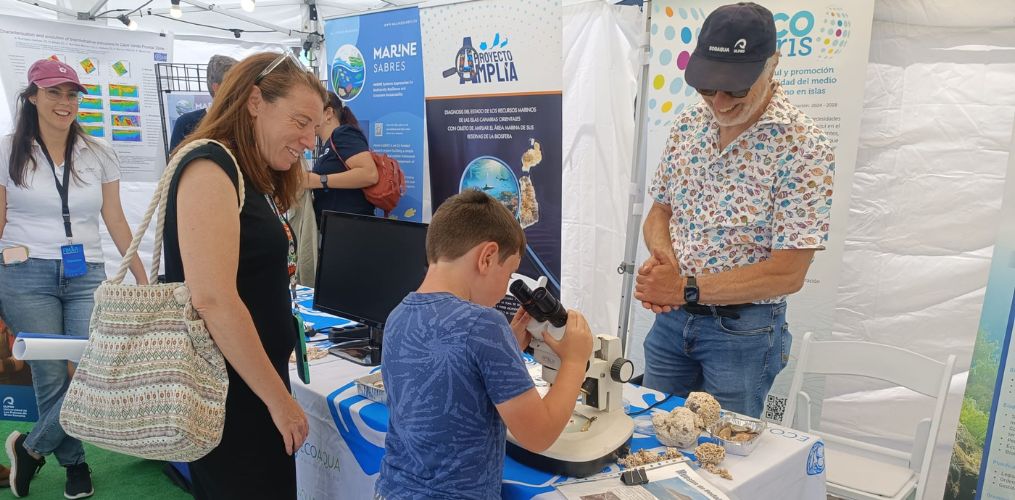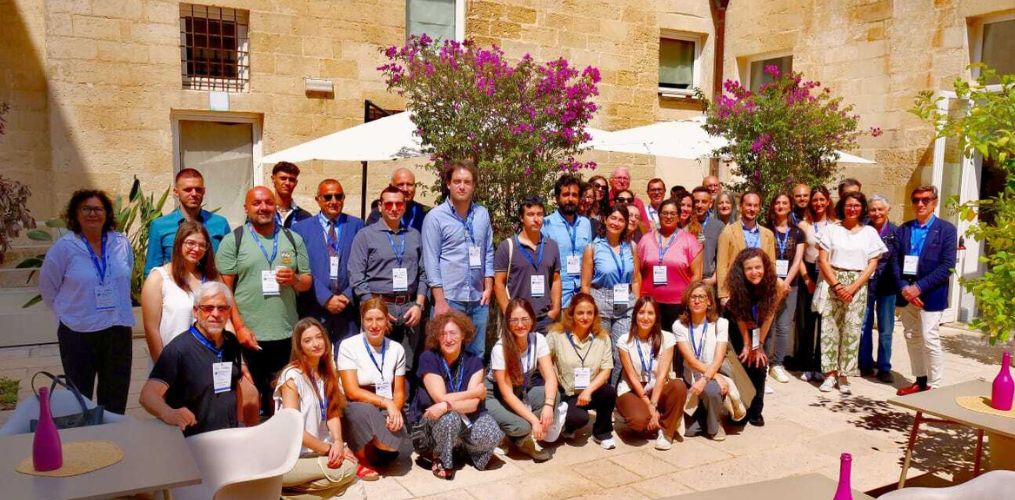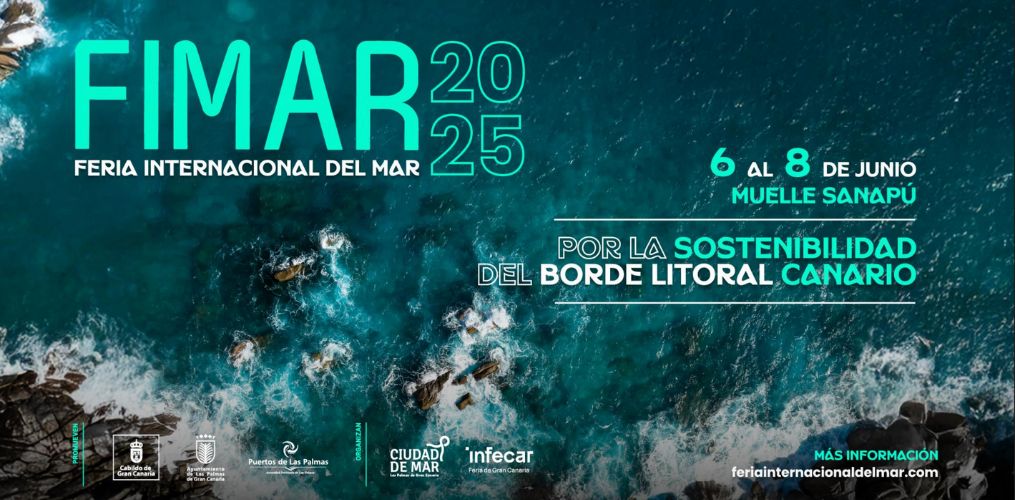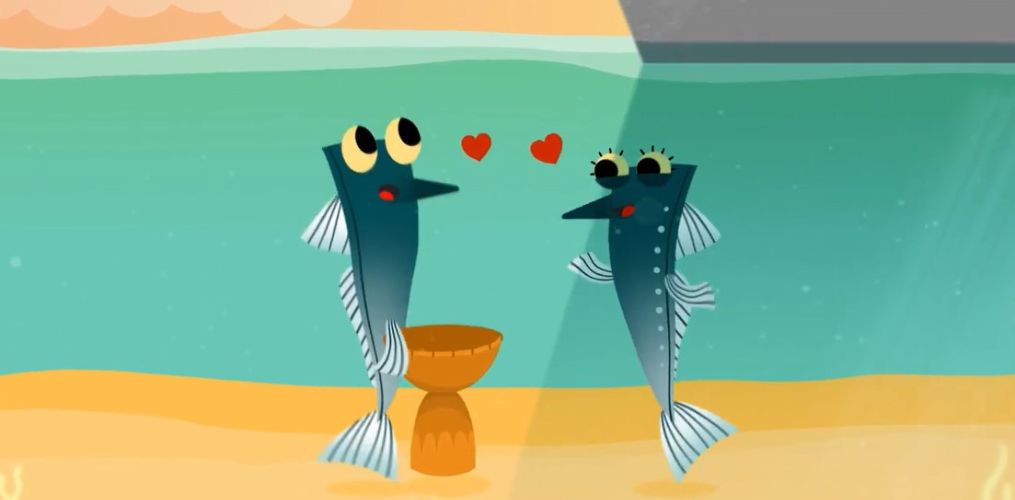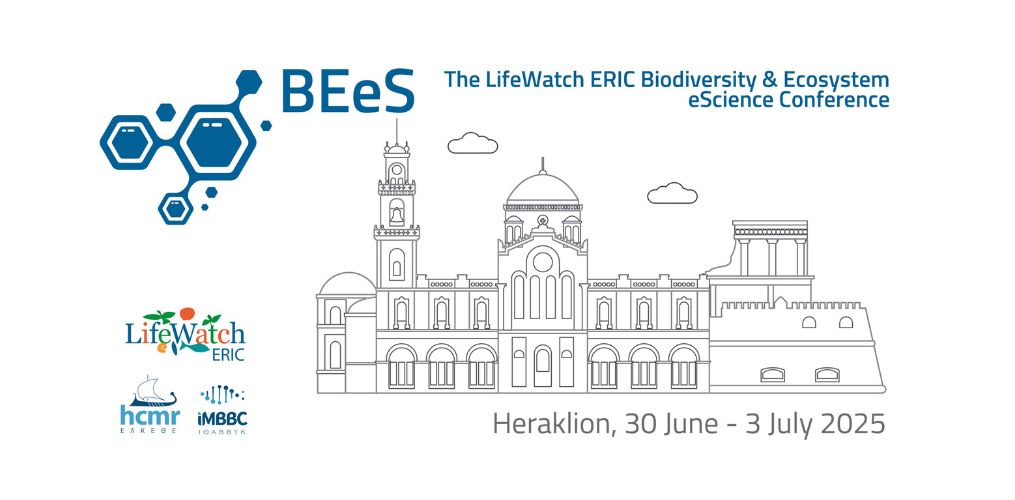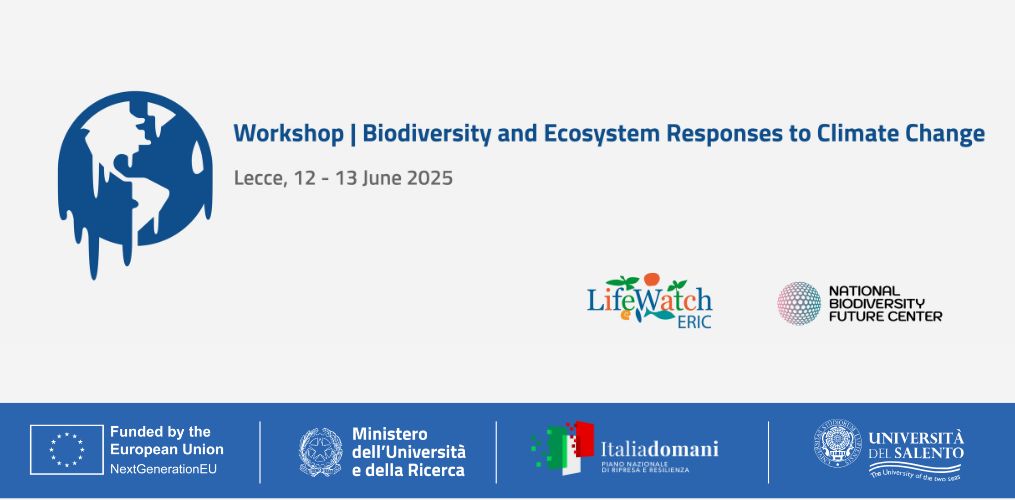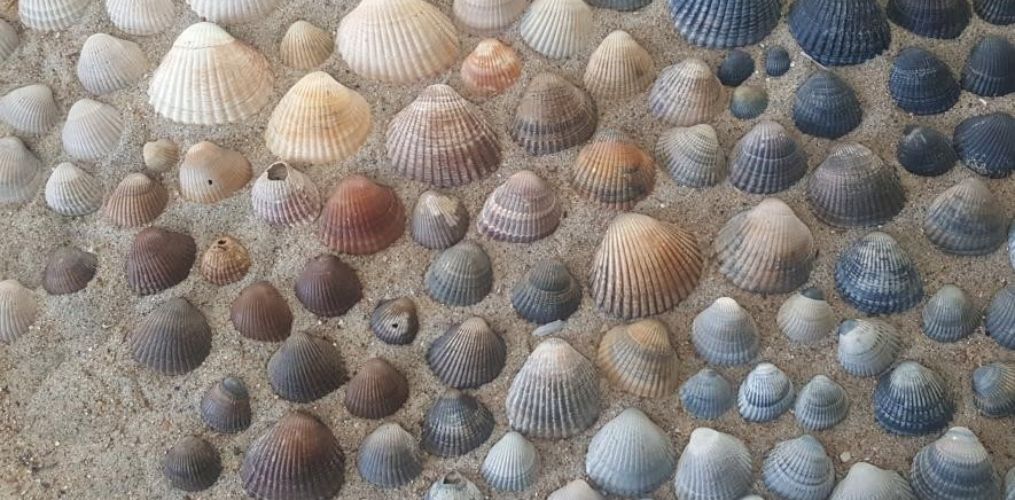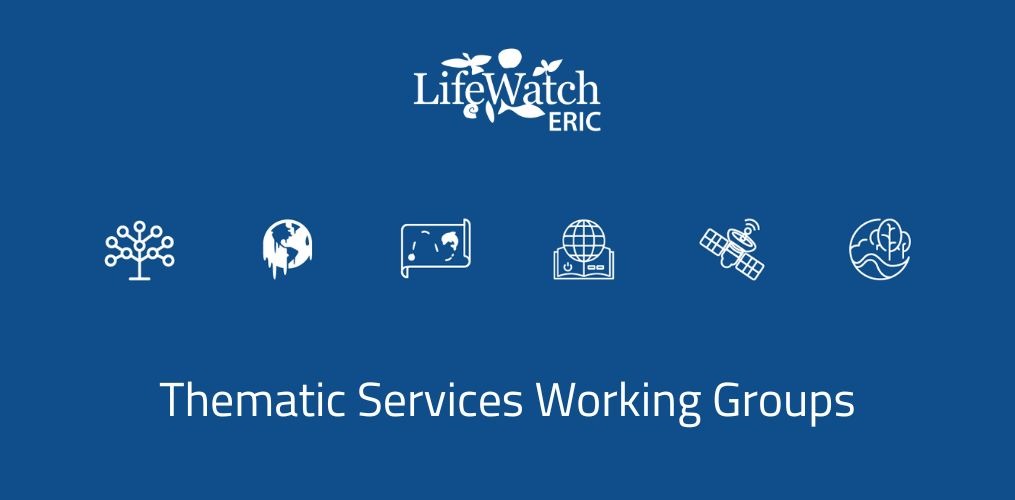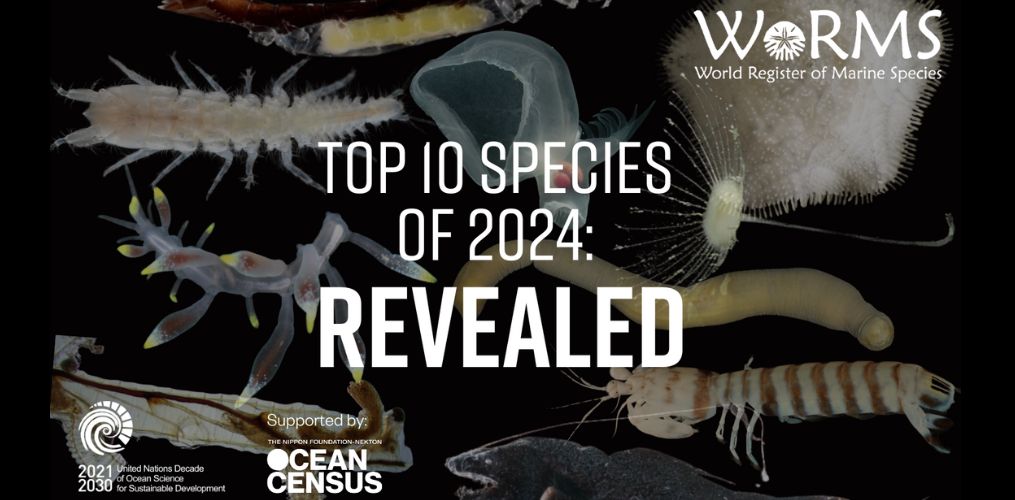On June 6-8 2025, LifeWatch ERIC and ULPGC-ECOAQUA (University Institute for Research in Sustainable Aquaculture and Marine Ecosystems) presented the project Marine SABRES at FIMAR 2025, the Feria Internacional del Mar (International Sea Fair) in Las Palmas de Gran Canaria, co-organising one of the “Marine SABRES in Fairs” series events.
The event, which symbolically ended on World Oceans Day, was a truly inspiring international event, confirming itself as an important event for the blue economy of the Canary Islands and the other archipelagos of the Macaronesia: the estimated number of visitors at FIMAR 2025 over the weekend was around 14,000 people (as declared in digital press and social networks of FIMAR 2025). World Oceans Day fitted perfectly with the philosophy of FIMAR 2025, which was organised with the important vocation of disseminating scientific knowledge accumulated around the oceans. This event not only invites us to reflect on the challenges facing our oceans, but also reinforces our collective commitment to their conservation through innovation, education and responsible action.
Approximately 1,000 visitors, including students, families with children, and the general public at large, stopped by our stand and learned more about the importance of marine biodiversity and ecosystems, or how to restore marine biodiversity and support a sustainable blue economy by increasing the uptake of ecosystem-based management.
More in detail, the “Marine SABRES in Fairs” event highlighted the activities carried out in the Macaronesia DA in the framework of the project Marine SABRES, with a special focus on the marine biological corridor between the Azores, Madeira and Canary archipelagos, as well as ecotourism best practices that partners aimed to promote in this area to foster a sustainable blue economy.
Researchers of the ECOAQUA-ULPGC team got a chance to show Macaronesian rich biodiversity and valuable marine ecosystems in the Canary Islands through samples and other materials, e.g. telling people about the importance of rodolith beds as a benthic habitat for biodiversity conservation.
The team also showed the videos realised by the LifeWatch Italy Multimedia Production Centre in the framework of Marine SABRES documentary activities; research aims and results achieved so far were also presented with the help of a project brochure and a poster.
For more information about the project, visit Marine SABRES official website:
www.marinesabres.eu
Have a look at our photogallery, enjoy all the moments of this incredible event exploring marine biodiversity and ecosystems, sustainability and blue economy!
Watch our documentary trailers on LifeWatching YouTube Channel and WebTV platform
